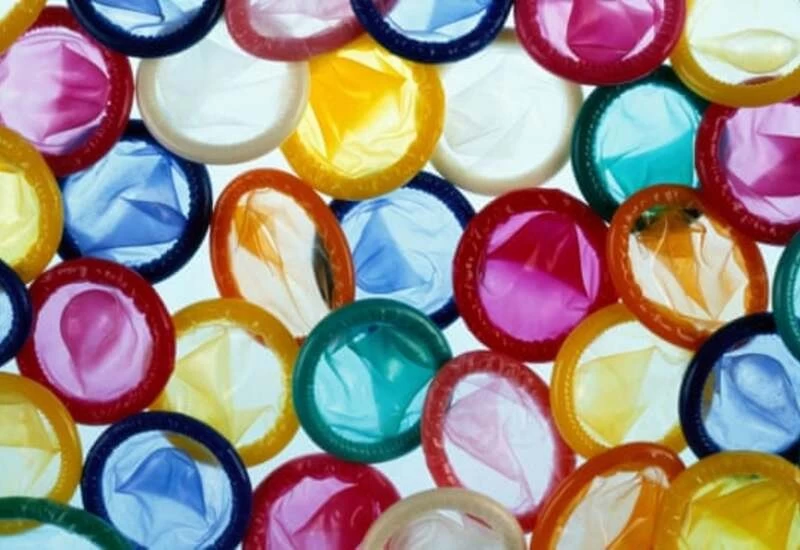London: About 90,000 illegal and unsafe condoms were seized in the UK during the past two years, new figures show.
The Medicines and Healthcare Products Regulatory Agency (MHRA) seized the contraceptives in 2018 and 2019.
They were found to have passed their expiry date, not been safety tested for the EU market or did not meet laws regarding the display of safety symbols.
About 87,500 of the condoms were from a single raid carried out by UK Border Force officials in 2018.
Health experts have urged people to check packaging carefully before buying contraception, as products sold illegally could potentially fail to protect against pregnancy or sexually transmitted infections.
Eliza Bell, spokeswoman for Brook, the young people’s sexual health and wellbeing charity, said: “When using condoms it is essential to check the expiry date: if it’s out of date, don’t use it.
“Equally, always make sure you’re using a product you can trust by looking out for the BSI kitemark or CE mark on the packaging. If it’s not there then don’t use it as you can’t be certain it’s been reliably tested.
“Make sure you always store your condoms out of the heat and sun, and if you are using latex condoms always keep them away from oily substances, including moisturisers and oil-based lube, as this will damage them.
“Lastly, keeping loose condoms in your wallet, pocket or bag can also damage them. If the wrapper looks at all damaged it’s best to throw it away and use a new one.”
The products seized were found to be in breach of the Medical Devices Regulations 2002. In 2018, unsafe condoms were the most common product seized by the MHRA, followed by needles and in vitro diagnostic devices.
Prof Mahendra Patel, an honorary visiting professor in pharmacy from the University of Bradford, said consumers should ensure they are obtaining contraceptives from registered chemists and pharmacies, sexual health clinics and GP surgeries.
He said: “The number of condoms seized would be much larger if authorities had more resources – 90,000 alone is a scary amount. Because of the availability on the internet, they are easy to obtain and suppliers are selling them cheaply.
“Latex condoms are normally made of natural rubber – some unsafe condoms are not made using natural products, which could cause an issue.
“Some makers are using ‘fillers’, which become porous. Tests show how much these leak after ejaculation. Other tell-tale signs are when instructions are in foreign languages, contain typos or are not there at all.”
Fake condoms were among a haul of unlicensed prescription medicines and medical devices worth more than £2m that were seized by the MHRA in 2018.
The raids were part of Interpol’s globally coordinated Operation Pangea initiative involving 116 countries. Operation Pangea led to 859 arrests globally and led to the seizure items worth in the region of £10.9m.
An MHRA spokesman said products which meet UK laws should have a CE mark.
He added that CE marking on contraceptives should also be accompanied by a 4-digit number as their risk classification means these types of devices must undergo conformity assessment by a notified body.
“The absence of a CE mark on medical devices is a clear indication that the products do not meet the safety and performance standards in place in the UK and EU.
“MHRA advise that consumers should purchase medical devices from reputable sources and if they have any concerns about product quality or safety they can be reported via our Yellow Card Scheme.”


